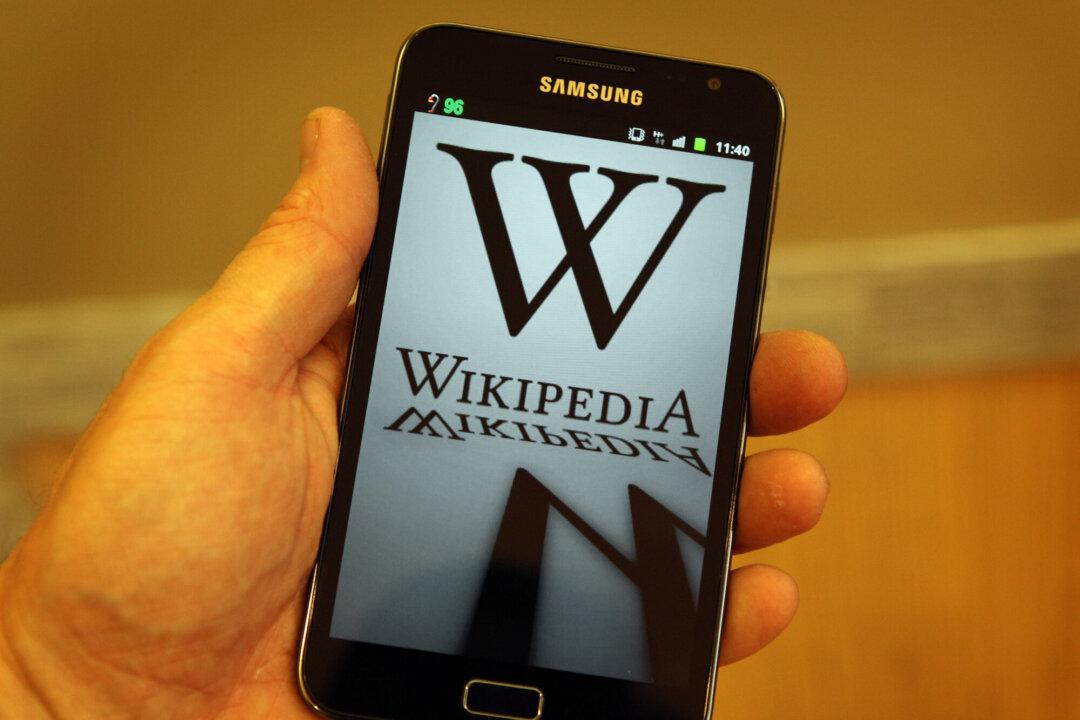Commentary
The first thing one needs to understand about Wikipedia is not just its size, but how all-encompassing, culturally unprecedented, and surreptitiously influential it is.

The first thing one needs to understand about Wikipedia is not just its size, but how all-encompassing, culturally unprecedented, and surreptitiously influential it is.